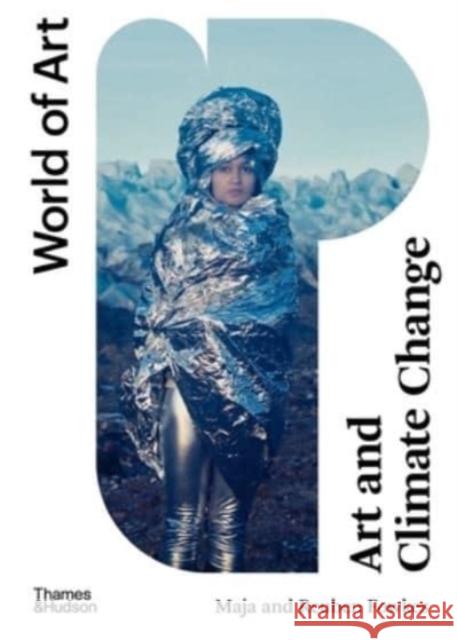Art and Climate Change » książka
topmenu
Art and Climate Change
ISBN-13: 9780500204757 / Angielski / Miękka / 2022 / 224 str.
Kategorie:
Kategorie BISAC:
Wydawca:
Thames & Hudson Ltd
Seria wydawnicza:
Język:
Angielski
ISBN-13:
9780500204757
Rok wydania:
2022
Numer serii:
000038393
Ilość stron:
224
Oprawa:
Miękka
Wolumenów:
01
Dodatkowe informacje:
Bibliografia
Wydanie ilustrowane
Wydanie ilustrowane











